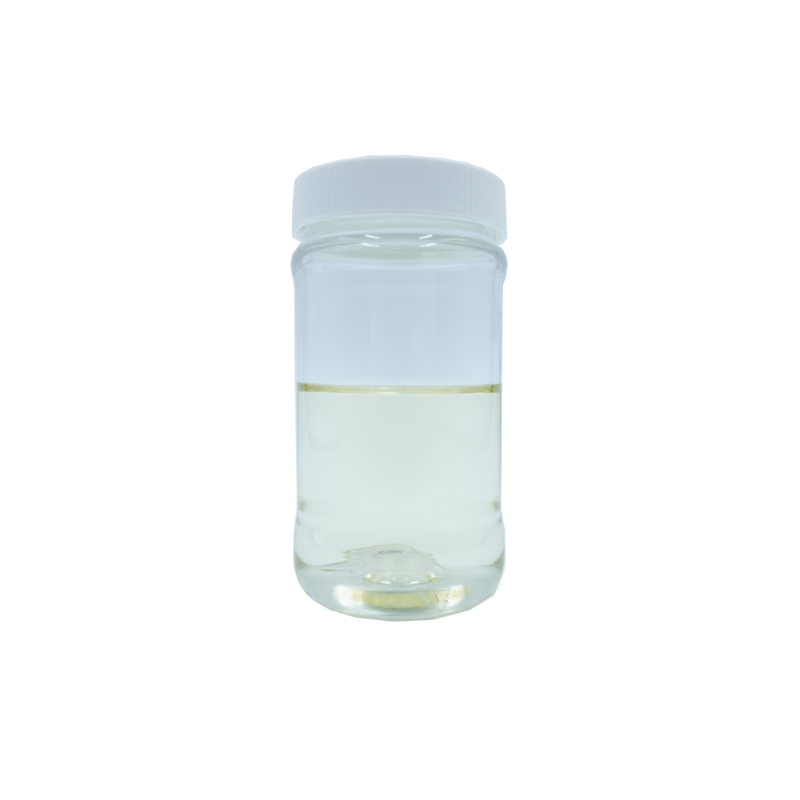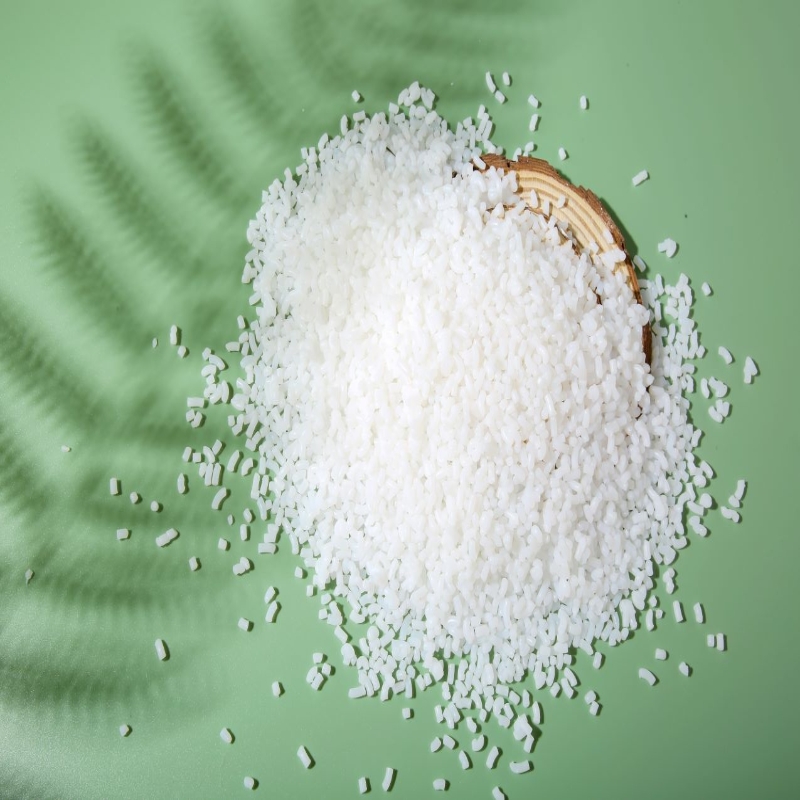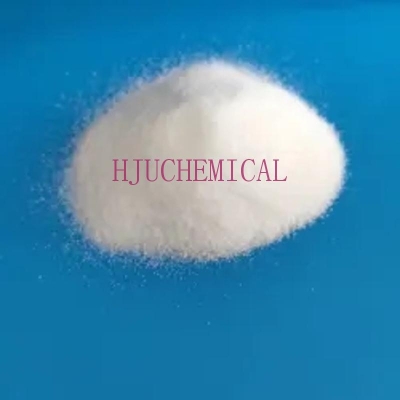-
Categories
-
Pharmaceutical Intermediates
-
Active Pharmaceutical Ingredients
-
Food Additives
- Industrial Coatings
- Agrochemicals
- Dyes and Pigments
- Surfactant
- Flavors and Fragrances
- Chemical Reagents
- Catalyst and Auxiliary
- Natural Products
- Inorganic Chemistry
-
Organic Chemistry
-
Biochemical Engineering
- Analytical Chemistry
-
Cosmetic Ingredient
- Water Treatment Chemical
-
Pharmaceutical Intermediates
Promotion
ECHEMI Mall
Wholesale
Weekly Price
Exhibition
News
-
Trade Service
In the current paper, the epoxy fatty acid methyl ester (e-FAMEs) obtained from flaxseed oil is compared with the fatty acid methyl esters (FAMEs) obtained from rapeseed oil as active thinners in the coil coating formulation.
-time Fourier Transform Infrared Spectroscopy (RT-FTIR) after the coating formulation to evaluate e-FAME or FAMEs reactivity in coating systems. In addition, coil coating formulations containing e-FAME or FAME simulate the coil coating process at pilot scale
. In addition, the thermal properties of the final coating are evaluated by differential scanning heat method (DSC).
vegetable oil as a reactive thinner
environmental awareness drives academia and industry to use resources that are beneficial to the environment. An effective industrially available method in the coating industry is a coil coating process that pre-coats steel plates. During this process, volatile organic compounds (VOCs) are generated and incinerated to recover energy. One way to minimize VOC is to use reactive thinners, molecules that act as solvents and chemical reactions that enter the final coating after curing. The fatty acid methyl esters obtained from renewable resources such as vegetable oils are suitable candidates as reactive thinners.
the study was published in Organic Coatings Progress Volume 136, November 2019, 105277.
.







